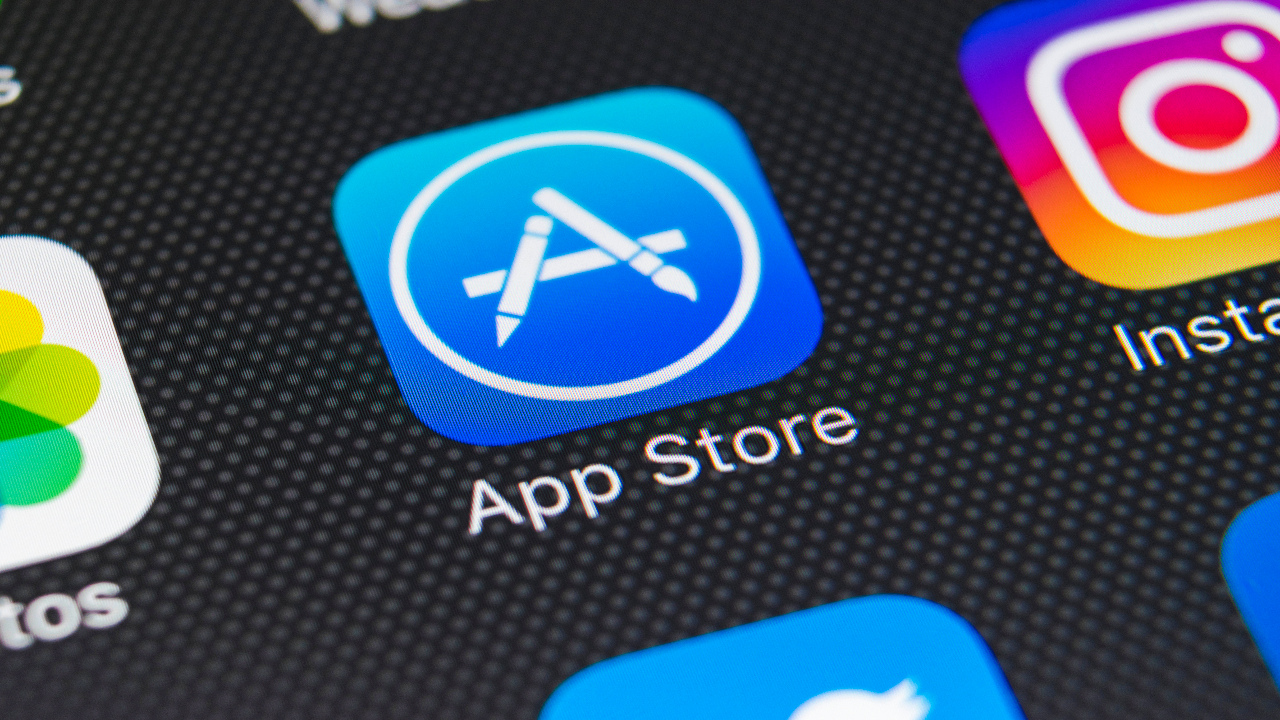
Sideloading is coming to iPhones in the EU, in a manner of speaking, thanks to the Digital Markets Act — antitrust legislation that is forcing Apple to open iOS to third-party app stores. Of course, Apple still wants everyone to know that it thinks the App Store is the best (and safest) place to download iPhone apps.
The new app store changes will be hitting iPhones in the EU as part of iOS 17.4, whose second beta version was released to developers earlier this week. Once installed, users will see an alert the first time they open the App Store. As reported by 9to5Mac, this alert emphasizes the fact that the App Store is a “safe and trusted place” to download new software.
Apple has been outspoken about the possible dangers of sideloading apps on iPhones. It essentially amounts to Apple saying that the option to install third-party software from outside the App Store would put users' privacy and security at risk — since there’s no watchman to check and verify apps are safe and secure.
This is also why Apple has been critical of the DMA, claiming that the legislation will bring “new risks” to iPhone users. Because there would be no telling who created a third-party app, or whether you’re actually installing something legitimate. Which is a problem people on every other platform face, including people with Macs.
Though let’s not pretend that Apple’s review process is completely infallible either. So many scammy and dodgy apps have made it through unscathed that it’s impossible to keep count of them all. Sure, it tends to happen a lot more on Google Play, but it’s not like the App Store is totally clean.
Apple’s walled garden has its critics
Critics have also noted that unfiltered access to third-party App Stores would also deprive Apple of money — since it takes a 30% commission on purchases made through the App Store. A fact that’s led to a number of lawsuits, and a ruling that the company has to allow alternative means of payment in the United States.
Other criticisms include Apple asserting too much control over what was and wasn’t allowed on the App Store. Game streaming services, for example, were prohibited because Apple wanted to approve each title individually. This rule has recently changed, but it was in place for a few years.
Recently Apple announced very strict rules on how third-party app stores will be implemented in the EU. That includes giving Apple continued power to approve apps, and requires developers to supply a letter of credit totaling at least €1 million and pay Apple royalties. Needless to say, a lot of people aren’t happy about this, including Epic Games, Microsoft, Spotify and Meta.
But whether Apple’s third-party rules will pass muster in the EU isn’t clear. The European Commission has refused to comment on Apple’s plans, only telling Reuters that it has “taken note” of the announcements ahead of the March 7 deadline.
iOS 17.4 isn’t available to the public yet, but considering the looming deadline the public version has to arrive at some point within the next month. The new App Store rules will only apply to people in the EU, and not other other regions — including the U.K.







